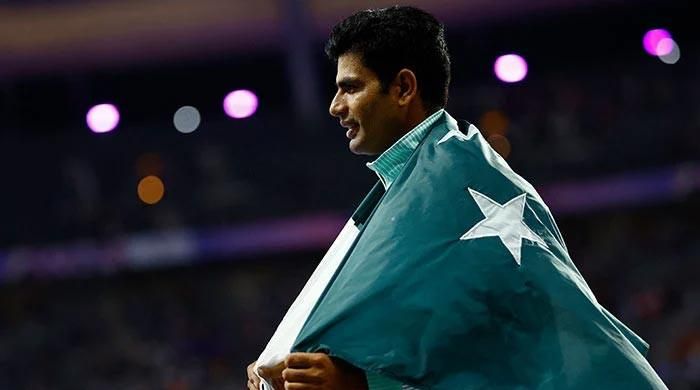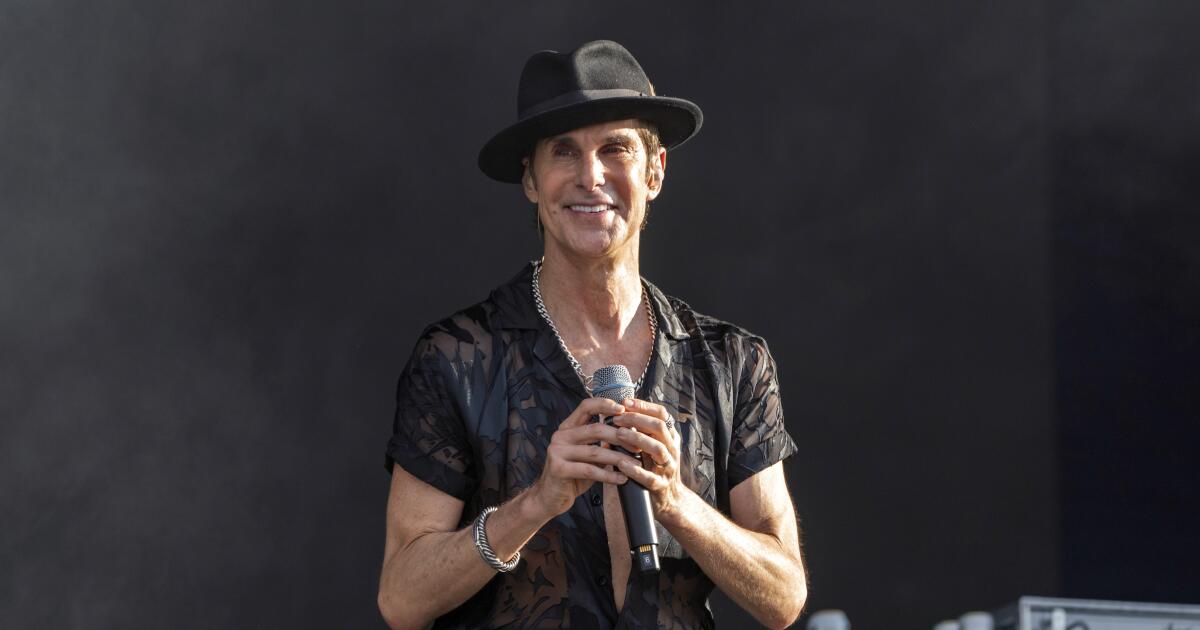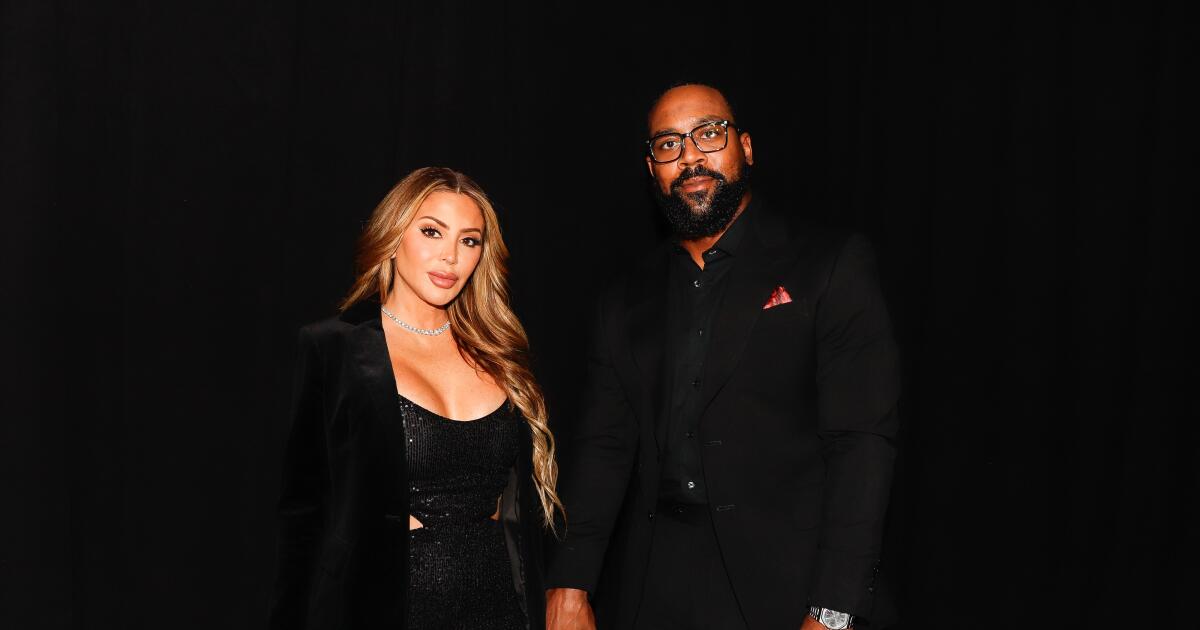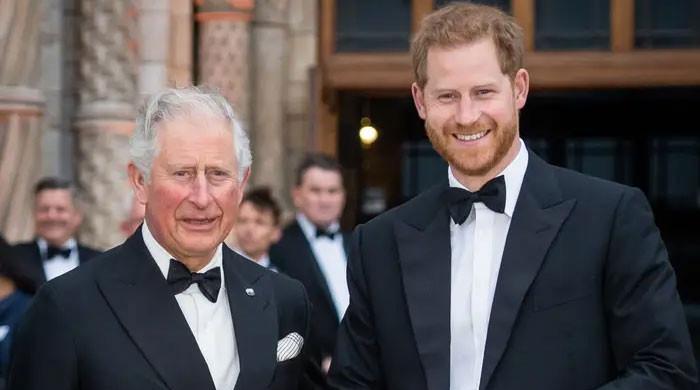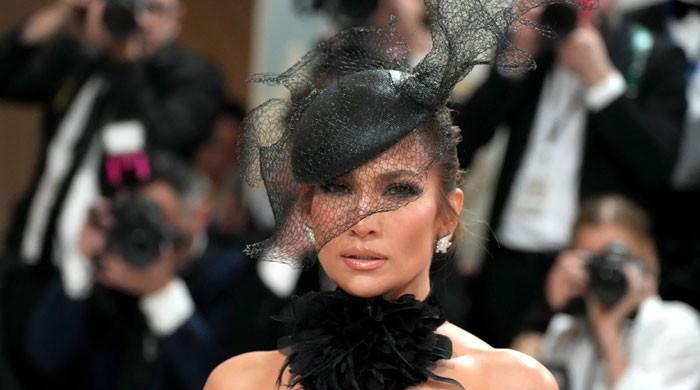When Arshad Nadeem's javelin cleared the 90-metre mark in the final at the Stade de France during the 2024 Olympics, it changed the face of sports in Pakistan.
The Mian Channu youngster stood proudly atop the podium as the Pakistan flag was hoisted and the national anthem reverberated through the stadium. Arshad’s throw, coupled with the unwavering support of his coach Salman Butt, earned Pakistan its first Olympic gold medal since the 1984 Los Angeles Games and its first in athletics.
By achieving this feat, Arshad claimed a gold medal with an impressive throw of 92.97 metres, breaking the Olympic record and surpassing the standard long set by Denmark's Andreas Thorkildsen at the 2008 Beijing Olympics.
Arshad’s return to Lahore was nothing short of a hero’s welcome. The streets were filled with jubilant crowds and the airport arrival hall was packed to the rafters. His village was preparing for a celebration and various organisations and government officials offered him monetary rewards. It was a life-changing moment for Nadeem and raised the question of what would have become of him if he had not had to raise Rs 85,000 for his javelin, a task that should have been supported by sponsors. However, that is how the world works.
While Arshad has deservedly earned his place on the world stage, it is imperative that the government also recognises the contributions of the other six athletes who represented Pakistan at the 2024 Olympics.
From a nation of 250 million people, only seven athletes competed in Paris, each a testament to perseverance and dedication. These athletes were Faiqa Riaz (track and road athletics), Muhammad Ahmed Durrani and Jehanara Nabi (swimming), and three participants in air pistol shooting: Gulfam Joseph, Ghulam Mustafa Bashir and Kishmala Talat. Although they did not advance to the finals, their achievement of reaching the Olympic Games deserves praise and recognition to encourage aspiring athletes who envision participating in the Olympic Games.
Sports education is fundamental to the overall growth of young people and has a far greater impact than just their physical well-being. While physical benefits such as improved fitness, agility and health are vital, the influence of sport on mental, social and emotional development is equally crucial, particularly in our increasingly stressful environment.
Incorporating sport into the daily lives of young people cultivates essential life skills, improves academic performance and fosters a well-rounded lifestyle, making it a fundamental aspect of education.
One of the most important advantages of sports education is its ability to instil discipline and improve time management skills. Participation in sports demands regular practice, dedication, and commitment to continuous improvement. These qualities naturally extend to the academic and personal spheres, allowing young people to manage their time effectively, set realistic goals, and work diligently to achieve them.
Sports education also plays a vital role in social development. Through participation in team sports, young people learn the importance of teamwork, cooperation and leadership. In addition, sports offer a platform for making friends, creating networks and fostering a sense of belonging, all of which are essential for emotional well-being and integration into the community.
Furthermore, in today’s increasingly sedentary world, sports education is key to promoting a healthy lifestyle. Regular physical activity through sport helps to address issues such as obesity, stress and lifestyle-related diseases. It highlights the importance of physical fitness and encourages habits that contribute to long-term health and well-being.
To ensure that coaches meet global standards, it is important to implement training programmes that improve their technical skills and teaching methods. International collaboration is also crucial; partnerships between national governing bodies and international sport organisations and educational institutions can facilitate the exchange of knowledge and best practices.
In addition, a national talent identification programme should be established in all sports to discover promising athletes and provide them with the necessary training to compete at the national and international level. The promotion of sports in Pakistan requires a collective effort, which should start from the primary level in schools and continue up to universities.
By prioritizing sports education, we can equip our youth with the tools they need for success, both on and off the field, ensuring a healthier, more disciplined and socially connected generation.
The author is a columnist and also writes fiction.
Disclaimer: The views expressed in this article are those of the author and do not necessarily reflect the editorial policy of Geo.tv.
Originally published in The News

